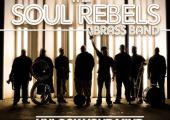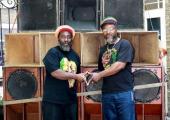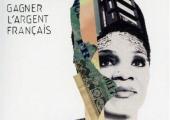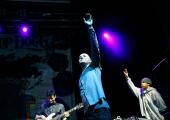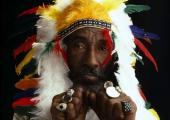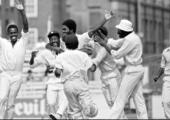Red Bull Music Academy: a caffeine boost for the music industry?

Is the RBMA corporate branding exercise, old-school philanthropy or something new?
I almost feel duty bound to make a declaration of interest here. I have done several pieces of paid writing for the Red Bull Music Academy, including a piece of course material for this year's Academy, and a few days ago I went to Madrid to see the Academy for the first time on their tab.

